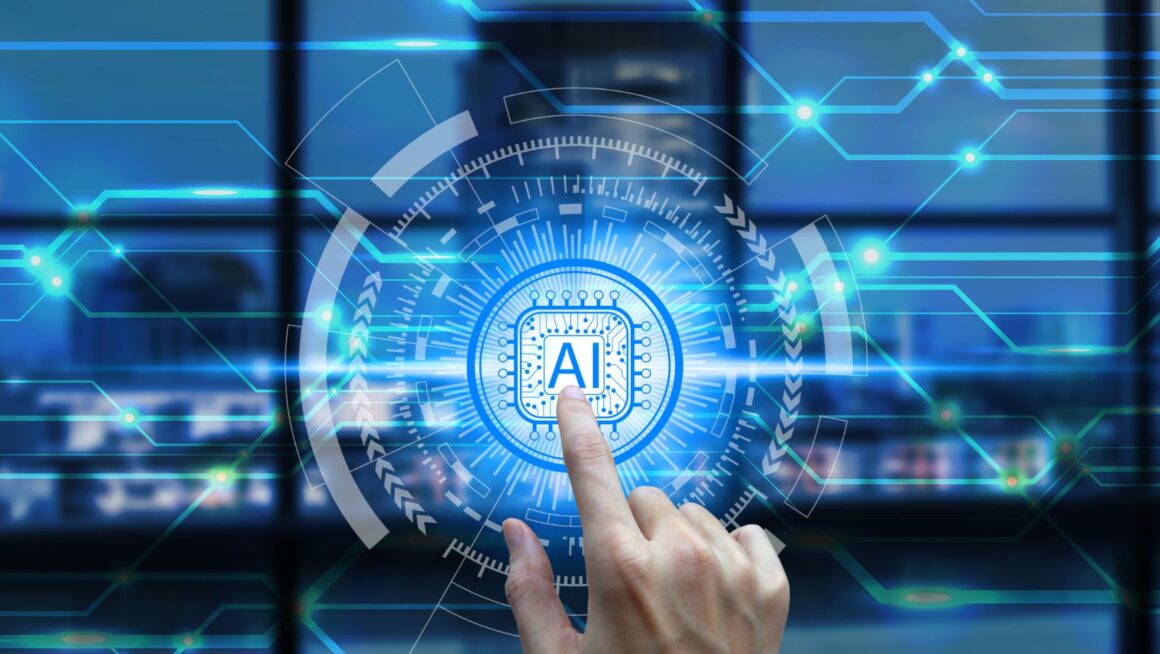Artificial intelligence (AI) emerges as a crucial ally in roles that safeguard organizations against unforeseen disasters. Integrating AI in disaster recovery and business continuity planning is a transformative shift that bolsters capabilities to respond to crises with unprecedented speed and precision.
In this article, we’ll take an in-depth look at how AI assistance is reshaping disaster recovery strategies and what this means for your business’s resilience.
Improved Prediction and Prevention
The first line of defense in disaster recovery is prevention, and AI is revolutionizing this aspect by providing predictive capabilities that were previously unimaginable. AI algorithms can analyze vast datasets from various sources, including weather systems, geological sensors, and historical disaster data, to predict potential emergencies before they occur.
This proactive approach allows you to prepare and implement safety measures, minimizing possible damage.
This means that AI can serve as an early warning system. Integrating AI tools into your disaster recovery plans allows you to receive real-time alerts about potential threats, such as severe weather conditions or cybersecurity breaches.
This advance notice is invaluable, enabling you to activate emergency protocols with enough lead time to protect assets and ensure employee safety.
Streamlining Disaster Response with AI Automation
When disaster strikes, immediate response is crucial to mitigate impacts. AI assistance works by automating critical components of your disaster response. For example, AI-driven systems can automatically backup data at the first sign of a system breach, maintaining the integrity of your digital assets.

In physical emergencies, such as fires or floods, AI can control smart building systems to secure exits, manage fire suppression systems, and optimize evacuation routes.
Your role in this automated environment shifts from manual control to strategic oversight. With AI handling immediate response actions, you can focus on higher-level decision-making and coordination efforts, ensuring that all aspects of your disaster response are executed flawlessly.
Optimizing Recovery Efforts Through AI Insights
Post-disaster recovery is a complex and resource-intensive process. AI significantly reduces recovery time by analyzing damage assessments and coordinating recovery operations efficiently.
AI systems can prioritize restoration activities based on critical impact assessments, manage resource allocation, and even predict recovery timelines by learning from past incidents.
Additionally, AI provides you with a dashboard of analytics that helps you understand the progress of recovery in real-time. You can oversee multiple recovery fronts simultaneously, from rebuilding infrastructures to restoring IT operations, all coordinated under the guidance of AI’s optimized plans.
This speeds up the recovery process and ensures that your resources are utilized in the most effective manner possible.
Boosting Business Continuity with AI-Driven Strategies
Beyond immediate disaster response and recovery, AI plays a pivotal role in long-term business continuity planning. AI tools analyze potential business impact under various disaster scenarios, helping you develop robust continuity strategies that maintain operational functionality no matter the circumstances.

This includes identifying critical operations that require redundancy, suggesting the most effective data backup solutions, and simulating response scenarios to train staff in emergency procedures.
With AI’s assistance, you can prepare for disasters in a way that ensures your business can continue to operate smoothly, even under adverse conditions.
This strategic foresight minimizes downtime and maintains customer trust, which is crucial for long-term business survival and success.
Building a Future-Proof Business with AI
Incorporating AI into your disaster recovery and business continuity plans augments your response capabilities, transforming your crisis management approach.
By leveraging AI’s predictive analytics, automation features, and strategic insights, you safeguard your assets and personnel and ensure that your business remains resilient in the face of disasters.
This AI-enhanced resilience is not just about surviving unexpected events—it’s about thriving through them, with minimized disruptions and maximized efficiency. By integrating AI into your planning, your main goal should be to create a seamless, adaptable, and robust operational framework that stands the test of time and trial.



